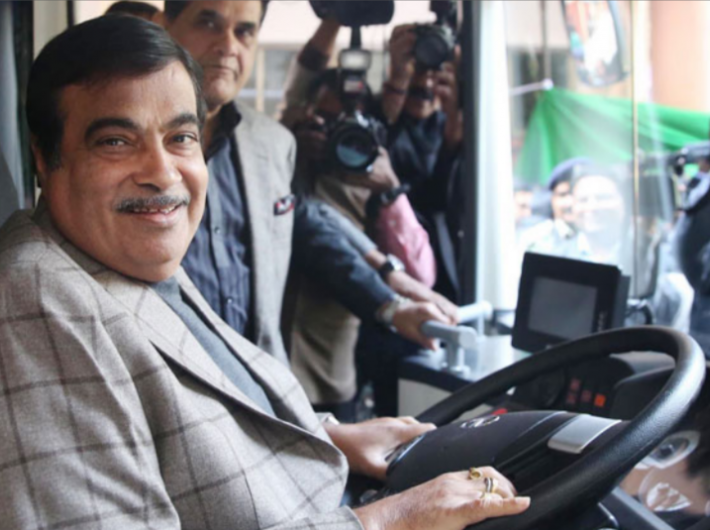Rajya Sabha has passed stringent motor vehicle amendment bill
GN Bureau | August 1, 2019

The Day the Chariot Moved: How India Moves at the Grassroots By Subroto Bagchi Penguin, 408 pages, Rs 699 N
India’s ambition to become a developed nation by 2047 cannot be met by counting hospital beds, cards issued, or apps downloaded alone. The decisive variable is quality of care—what patients actually experience and the outcomes they achieve. Quality is the bridge between entitlement and health;
The White House’s decision to impose a $100,000 fee on new H-1B petitions has triggered immediate boardroom conversations across corporate America and far beyond. While the Trump administration frames it as a move to safeguard domestic jobs, the economic implications for firms, global talent flows, a
From dressing Bollywood’s most unforgettable villains to crafting the signature looks of India`s political elite, Madhav Agasti, 76, has spent over five decades quietly shaping the public images of some of the country`s most powerful figures.
Emphasising the strategic role of green steel in India`s industrial and environmental future, Union Minister for Steel and Heavy Industries, Prahlad Joshi, Friday underlined that the strategic shift is not just an economic objective but a national imperative. “Green steel is now
The ongoing Special Intensive Revision (SIR) of electoral rolls in Bihar is an extensive exercise to update voter lists through verification of existing voter information, removal of deceased or ineligible voters, and correcting errors. Several concerns have been raised about SIR regarding wrongful deletio

